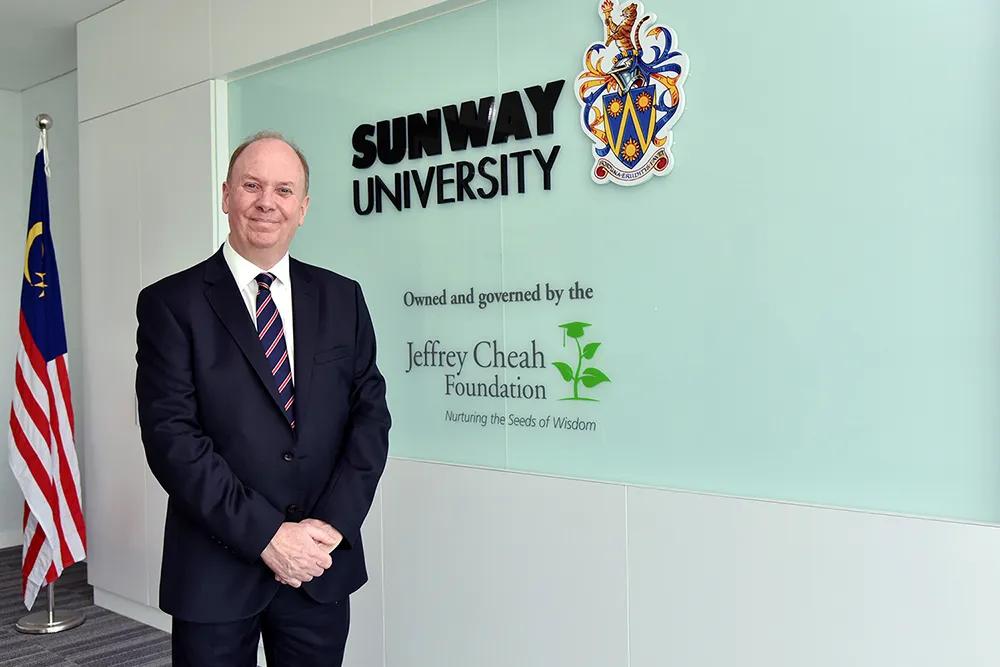New Heroes of Higher Education: The Digital Lecturers
Over the past year, owing to the Covid19 pandemic, most universities have been forced to make a major shift in they way they teach their students, moving to online teaching or using a combination of online and face-to-face teaching and learning. The trend towards this was already underway well before Covid19 arose, but the pandemic rapidly increased the pace of the shift towards greater use of online and digital education, making it a core aspect of almost every degree course in the world. Fortunately, digitally savvy students soon adapted to the new way of learning and, in many universities including my own, showed high levels of satisfaction with their new educational experience.
But the main reason this transformation in learning experience happened so well was because of the dedication, adaptability and energy of the real heroes of higher education, namely the lecturing staff. The real success of universities and of their students comes down to the qualities of the academic staff. These individuals faced up to an enormous challenge at the very beginning of the Covid19 pandemic as they rushed to learn how to teach online and to use a wide range of new software tools to help them do so. They must be applauded for the way they rapidly adapted to the new situation and rose to the challenge; something they continue to do on a daily basis.
It is now quite clear that the delivery of higher education and the role of the university lecturer has changed over the past year in ways that will never be reversed. The long-established view of a university lecturer as a “sage on the stage” spouting wisdom to theatres full of quiet attentive students is now defunct. Instead, the new university lecturer has become a master of technical wizardry, a screen performer, and a “curator” of worldwide digital resources. In the old days (i.e. just over one year ago!), academics were still largely conducting their classes in physical classrooms and lecture theatres in front of live audiences presenting topics and engaging in discussions and dialogues with their students face-to-face.
They might move around the stage, perhaps asking the audience to debate questions and think critically about topics in the historical Socratic manner of educational discourse,and use the physicality of their hands and arms to point to people, blackboards, whiteboards and projector screens. They became used to being stage performers leading their students in group learning exercises.
But as teaching shifted online the physical presence disappeared and instead of being the person up at the front on a stage, lecturers have become a small window on an electronic screen, and usually occupying the same screen area as each of their students. Digitalisation is incredibly levelling.
Whilst essentially the same topics or content may be taught, teaching from a screen is very different from teaching face-to-face in a room as most educators have rapidly come to realise. Making this shift is as radical as expecting a theatre actor suddenly to become a film actor. Some actors make the transition from stage to screen very easily; others do not. The skills of presenting convincingly to camera are very different from presenting to a live physical audience face-to-face in a theatre.
The same applies in academia. Someone who has “presence” and exudes charisma when seen physically full-size in person may simply not impress when reduced to a tiny screen. For most of us it’s the combination of physical characteristics, such as how we move and how we speak, that define us. But online much of that is lost as movement is often impossible, and making a strong and enduring impression on students and ensuring full engagement in the learning process can become much more of a challenge.
Fortunately, some of the latest educational technologies now allow lecturers to physically perform in lecture spaces and be live-streamed on the web as they interact with combined physical and virtual audiences, but it takes a considerable adjustment to work the technology, perform, teach and address multiple audiences all at the same time. These days university lecturers need to develop their skills as screen performers just as much as they need to develop their expert knowledge as teachers and researchers.
No one expects Hollywood actors to carry off Oscar winning performances on screen, master sophisticated technologies, convey complex subjects to future professionals, as well as do world beating fundamental research all in one job. But that’s more or less what we expect of the contemporary university lecturer. I am very proud of the academics in my university for pulling off this incredible feat. Hats off to them all!
Professor Graeme Wilkinson
Vice-Chancellor
@email
This article is published in Business Today




